When was the last time you really saw the stars? And I don’t mean looking up and squinting at those tiny specks of light visible from our light-pollution-impacted cities. I mean really saw them?
For me, it was in a remote region of NSW famous for the stunning clarity of its night skies. The night time doesn’t so much arrive as it does engulf, as though a thick, black blanket has suddenly been draped over the world.
And, just for a moment, there’s nothing but darkness. But then the stars appear, slowly at first then seemingly all at once, breaking through the thick cloak and shining so brightly you can almost feel them on your skin, like a billion brilliant spotlights shining down from deep space.
It’s an incredible experience, and one I no doubt appreciated even more after the year we’ve all shared in Australia, and around the world.
There is nothing like having your travel freedoms temporarily snatched away to stir up some serious wanderlust. And the rolling lockdowns of 2021 have given a lot of Australians a newfound appreciation for this wide and wondrous land we call home.
But while our desire for travel is burning, and our keenness to explore more of Australia sharper than ever, what’s really beginning to change is how we want to travel.
It’s not just ‘where’ any more. These days, the ‘why’ is every bit as important.
A recent poll from The Australia Institute revealed that 79 per cent of Australians are concerned about climate change, driving a general shift toward more sustainable, eco-friendly brands and travel experiences.
So it’s no surprise that a swathe of Aussie tourism businesses are making the pivot to a greener, more sustainable business model. And we’re setting out to visit just three of these breathtaking, planet-saving businesses across NSW in the ultimate eco-friendly road trip.
Our chariot? The Mitsubishi Eclipse Cross Plug-in Hybrid. Mitsubishi, you see, made its own pivot years ago, launching Australia’s first-ever plug-in hybrid SUV — the Outlander PHEV — way back in 2014.
The Eclipse Cross, then, is the Outlander’s smaller, more city-focused sibling (though one not afraid of stretching its legs on much longer drives).
Coupling battery-powered twin electric motors that offer 55km of all-electric driving with a 2.4-litre four-cylinder petrol internal-combustion engine for a combined range of 700km, the all-wheel-drive Eclipse Cross Plug-in Hybrid is able to drive in zero-emission EV mode, in petrol-engine mode, or a combination of the two.
Whichever way you slice it, the Eclipse Cross Plug-in Hybrid is going to cut down your fuel costs, give you the freedom to go all-electric in town, and deliver the added peace of mind that you’ve got a traditional petrol engine on board to utilise as needed.
Range anxiety? Not an issue.
Before setting off from Sydney for our first destination — Macquariedale Organic Wines in Orange, NSW — we plugged the Eclipse Cross in to charge to make sure we really maximised our EV range.
While the idea of plugging in a car might seem a bit foreign at first, it’s an incredibly simple process, and, pleasingly, as simple as recharging your mobile phone. The public DC fast charger we used had the battery topped up in a swift 25 minutes.
Orange is over 250km from our Sydney starting point (far enough to make regular EV owners break out in a cold sweat), but in the Eclipse Cross there’s no need for alarm: when the battery charge drops while in transit, the petrol engine kicks in so smoothly that it’s barely noticeable.
Located on the verdant slopes surrounding the extinct volcano Mount Canobolas, Macquariedale Organic Wines is green in a very literal sense, as well as in regard to the popular biodynamic, low-preservative, vegan-friendly, natural wines it produces.
Formerly located in the Hunter Valley, Macquariedale owners Ross and Derice McDonald relocated their thriving business to Orange after noticing that climate change in the Hunter region was negatively affecting their vines.
“During the 25 years that we were there, every year the grapes were ripening earlier and earlier - probably two to three weeks earlier,” says Ross. “So with global warming happening, it was getting harder. That was a driving force in coming to Orange, which has the right soil and the cool climate, which extends the ripening period, which means you get more aromatics in the wine, and finer, more delicate flavours.”
Noticing the Eclipse Cross PHEV we’ve rolled up in, Ross draws a comparison between electric vehicles and the Australian wine industry.
“Much like car companies producing EVs, the wine industry is also being driven towards sustainability - the demand is just going up and up,” he says.
“The introduction of EVs is like what you see in terms of organic wines in stores. The bottle shops would have a couple of bottles of organic wine over to one corner, but the wise ones now have a section dedicated to them. The consumer is starting to slowly understand that these things are better for you.”
A smidge over three hours later we’re in Coonabarabran, pulling up to an NRMA DC fast charger located near the town’s Visitor Information Centre, highlighting just how common these chargers are becoming right across Australia.
The Eclipse Cross’s battery is topped up just under 30 minutes later - enough time to take a break and enjoy a coffee - and then it’s off to our accommodation for the night: the fully off-grid Dark Sky Eco Resort, which features a luxurious yurt-style lodge, complete with outdoor spa, that’s nestled in the pristine woodlands of an 80-acre property.
We arrive after sundown, which turns out to be perfect timing for Dark Sky’s owners, Mark and Wendy Osmond, to give us a spectacular stargazing experience thanks to their on-site observatory.
The Warrumbungle region has a reputation for offering some of the most stunning skies in the Southern Hemisphere, and tonight doesn’t disappoint, with a clear look at Jupiter, Saturn and its rings, and a view of the Moon that seems close enough to touch.
After a solid night’s sleep, daylight reveals another jaw-dropping sight: about 100 or so emus right next to our energy-efficient yurt, all tame and approachable thanks to Mark and Wendy hand-raising them since birth as part of the property’s commercial emu farm.
It’s a far cry from the pair’s previous life as Sydneysiders, where they dreamed of leaving the big smoke for a fully sustainable, off-grid life.
“We bought this property and moved here in May 2017,” says Wendy. “We were sitting outside on our deck one day, and four wild emus walked past, so we thought, ‘Hmm, there’s something to do!’ So we did all the fencing and built all the housing for the emus.”
Running the whole property on solar was a “no-brainer”, says Wendy — even the golf carts used to get around are battery-powered — with the fully-sustainable property even getting its sandstone-filtered pure water from an ancient aquifer, 30 metres below the ground.
During a tour of the property that involves hugging huge emus and inspecting an ancient Aboriginal shelter with rock art carvings, Mark reveals the grand plans he has to expand the resort over the next five or so years.
“We’re going to have a 25-person hotel, a restaurant, cafe, a cultural centre with a geological display, and a three-telescope observatory there so we can do nighttime and daytime astronomy,” he says. “It’ll be fully off-grid, too, run on solar, and we’ll have big rainwater tanks - the water will come down a pipe and run a turbine to generate energy at night. And then during the day, the solar will turn on and pump that back up again - it’ll be a closed loop.”
After having a yarn to Mark about the Eclipse Cross’s ability to support vehicle-to-grid (V2G) and vehicle-to-home (V2H) bi-lateral charging technologies — something that would be pretty useful on a property like his — we’re off on a 185km trip to Mudgee for our final stop — a visit to Warakirri by Indigiearth.
Serving bush tucker-inspired food, the combined cafe, retail outlet and dining and events space is the brainchild of Sharon Winsor, a Ngemba Weilwan woman from Western NSW who now calls Mudgee home, and an extension of her award-winning Indigiearth business that specialises in premium bush foods made from authentic Australian native products that are ethically sourced and sustainably harvested, as well as candles, diffusers, teas and an all-natural skincare range.
“We source some of the food we serve here from two Aboriginal-owned farms - one in Darwin, and another one in far north Queensland that supplies us with crocodile,” says Sharon.
“With everything that we do, particularly around the fruits, the ingredients are coming back from Aboriginal communities and farms. They’re wild harvested, and we look at country the way it was traditionally, and focus on looking after Mother Earth, being sustainable, and healing country as well.”
A natural extension of her childhood passion for collecting native bush fruits and catching yabbies, Sharon began a bush tucker catering service in Western Sydney 25 years ago, which she combined with a traditional dance performance group.
“I'd been working up to developing my retail line of Indigiearth for almost 15 years prior to connecting with communities and Aboriginal growers and other elders across the country,” she says. “I wanted to make sure that my products were authentic, and that they had a genuine story and purpose and connection to country.”
Sharon is also passionate about sharing her knowledge with others, and cites an upcoming event she has planned with author Bruce Pascoe as a way to give back to the local community.
“Our purpose for doing that is to try and get the local farmers, especially the wineries, to come and learn about how our people have sustained traditional farming for over 60,000 years,” says Sharon. “We want them to learn how to reach out to Aboriginal people and communities and what they can do to help heal country and to look after country as well. It's about teaching and sharing that knowledge about how we can continue to enjoy this country together.”
After tucking into some sautéed mushrooms with native thyme and feta, and a delicious native mocktail made with quandong, it’s time to head home to Sydney, inspired by the people we’ve met along the way who’ve managed to merge quality products with an eco-friendly mindset.

We’ve clocked some serious kilometres in a short period of time, but thankfully the Mitsubishi Eclipse Cross Plug-in Hybrid has proven to be the perfect car for the job, combining its electric motor and petrol engine for a blend of emissions-free driving and petrol-powered practicality. The best of both worlds, then, and the perfect way to explore a country as big and diverse as Australia with caring for the environment front of mind.




.png)
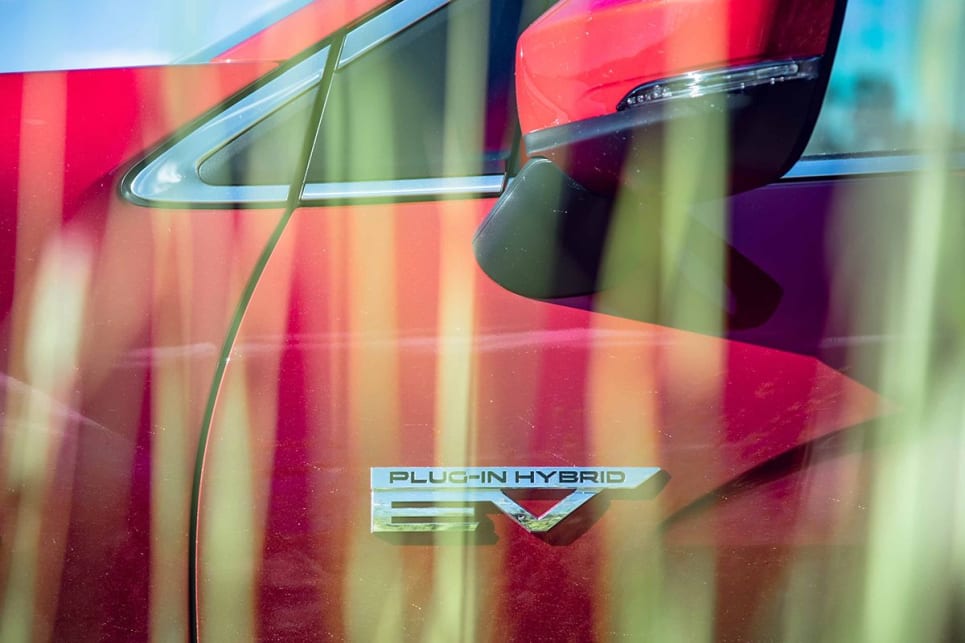
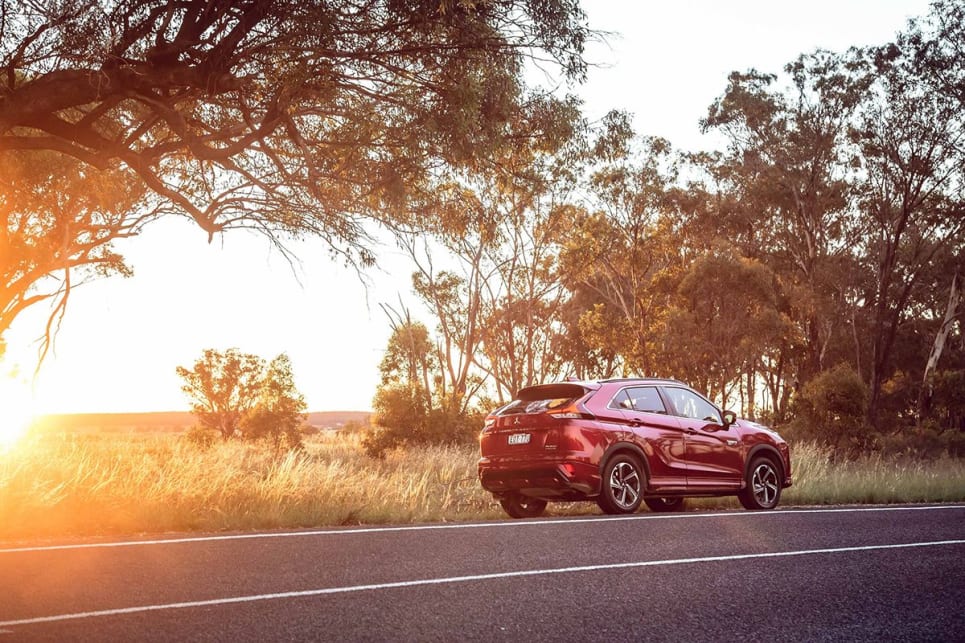
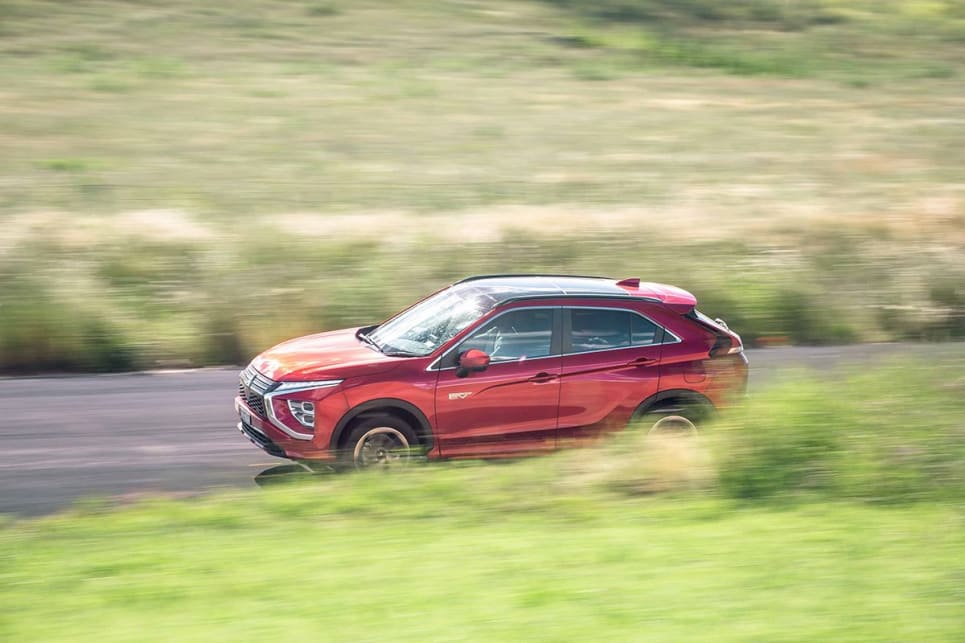
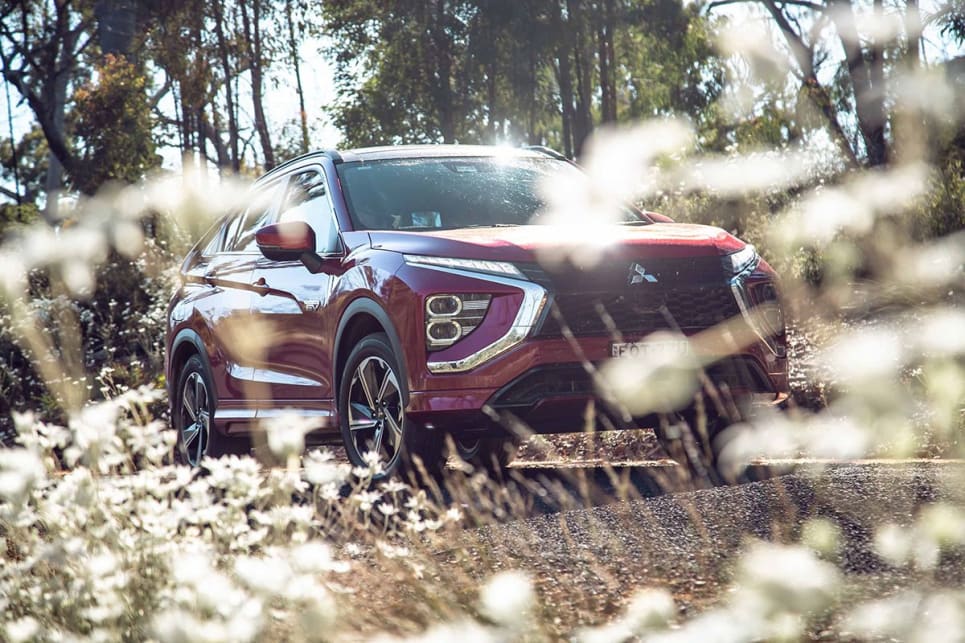
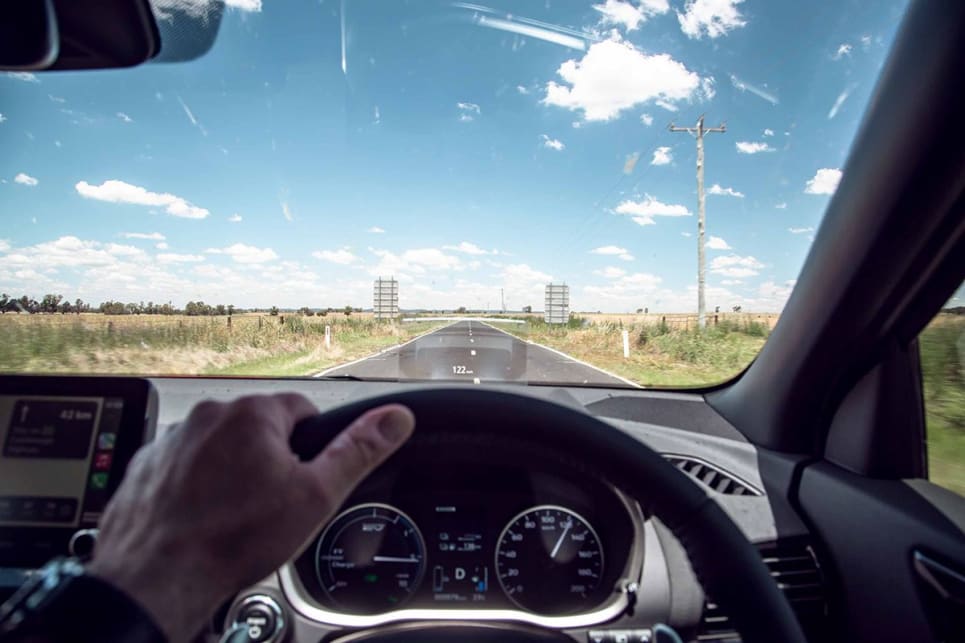
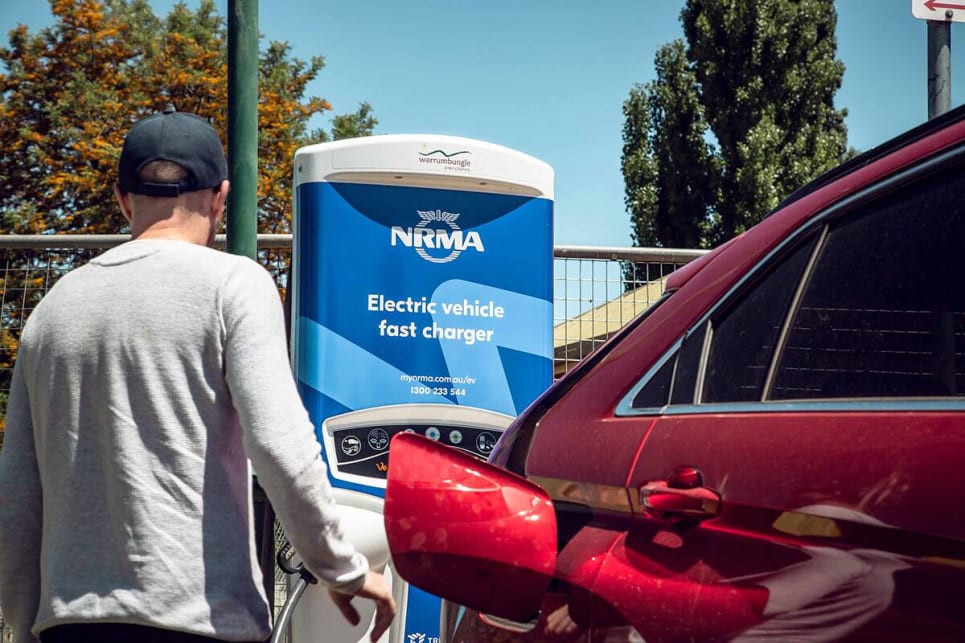
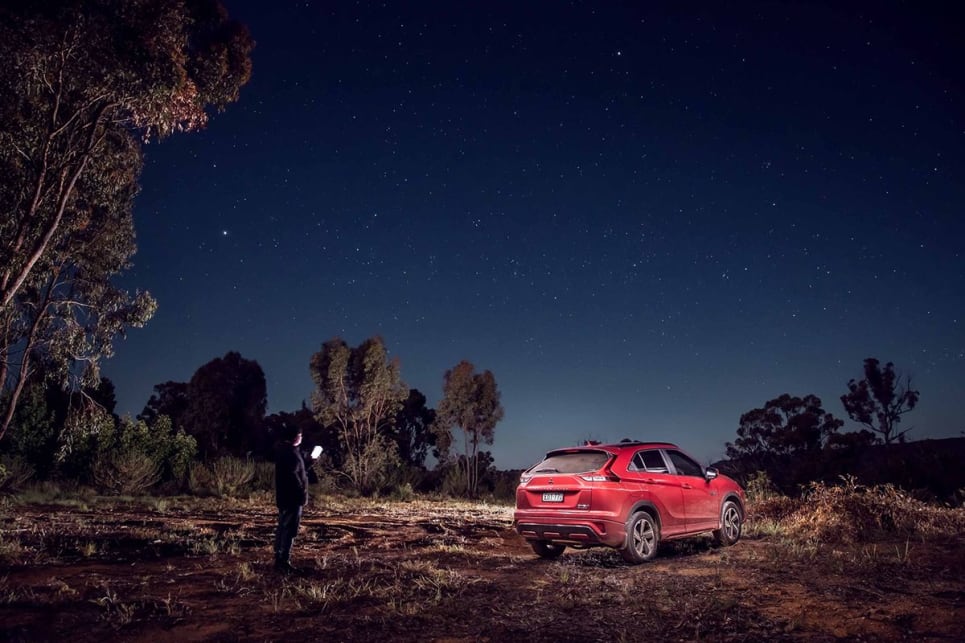
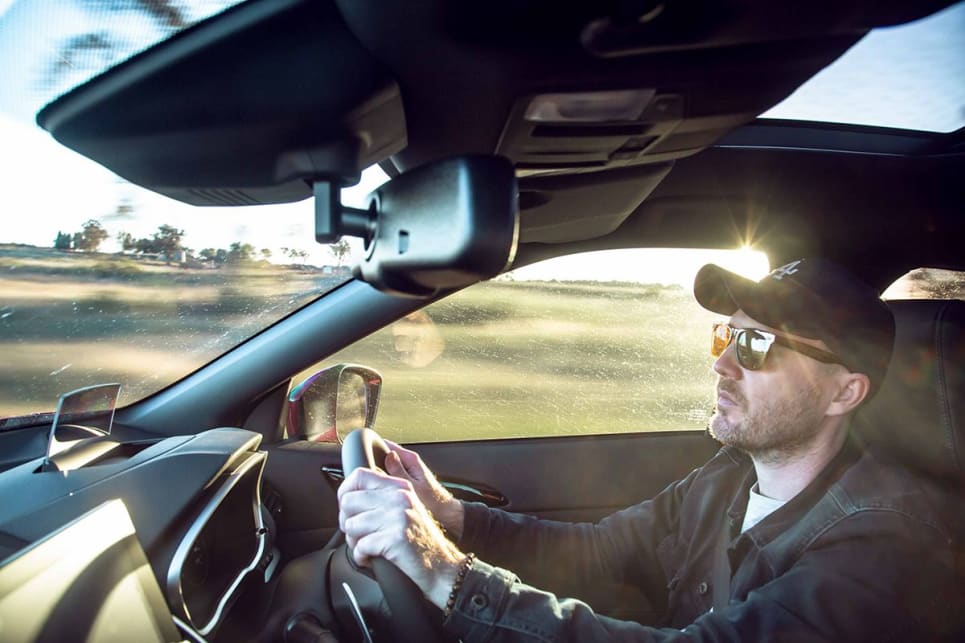
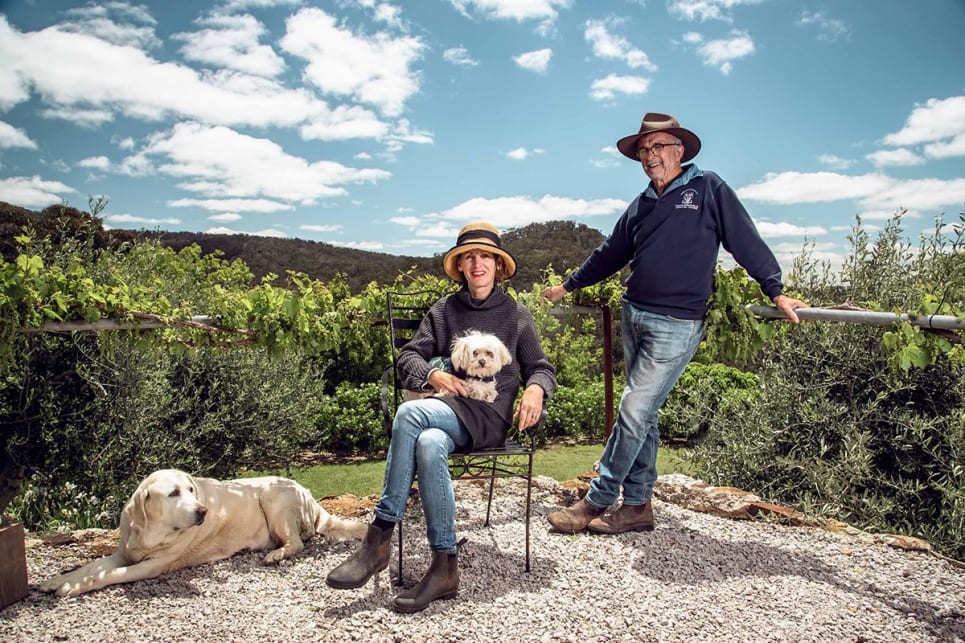
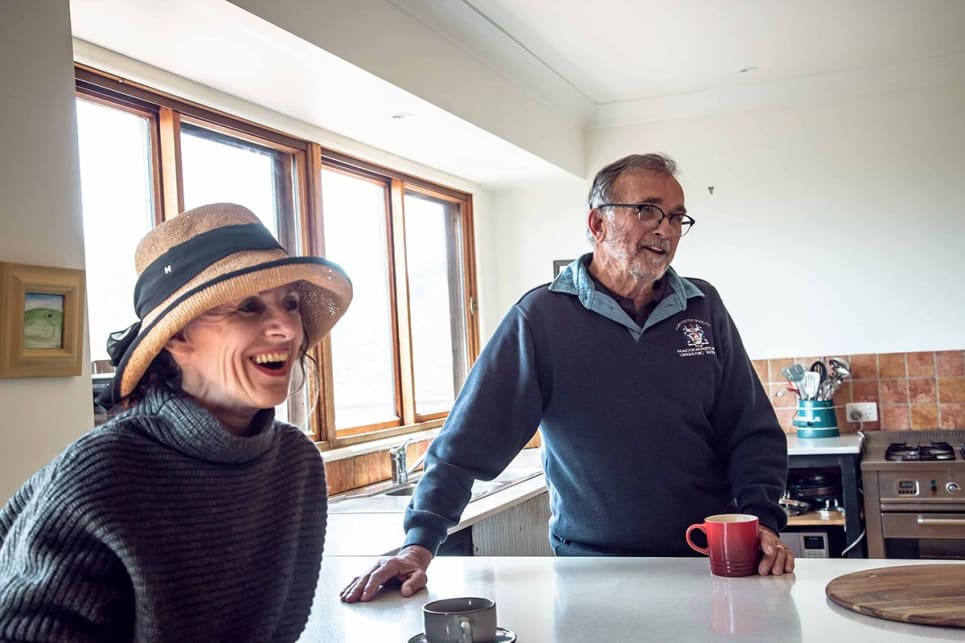
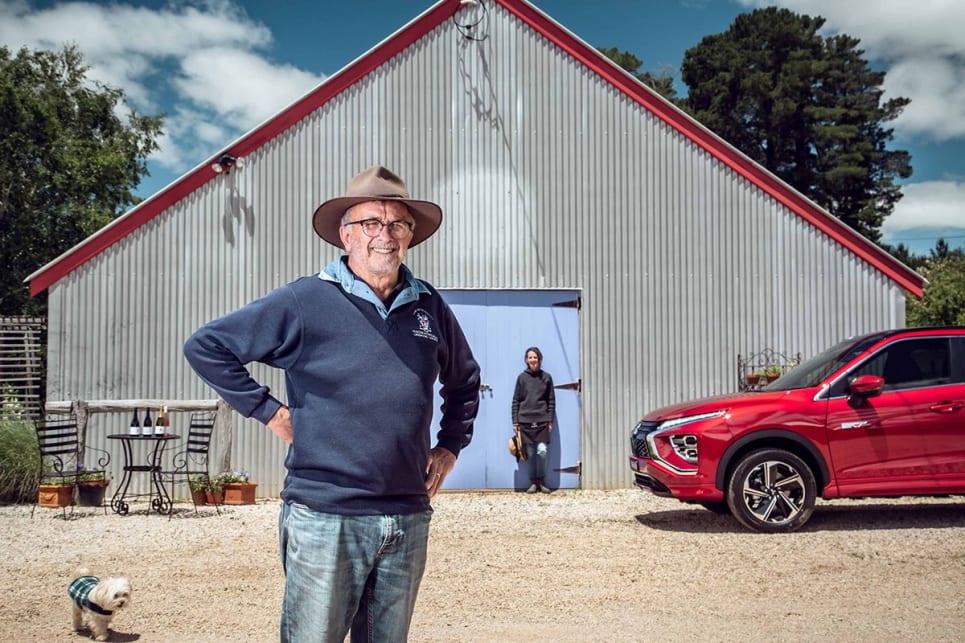
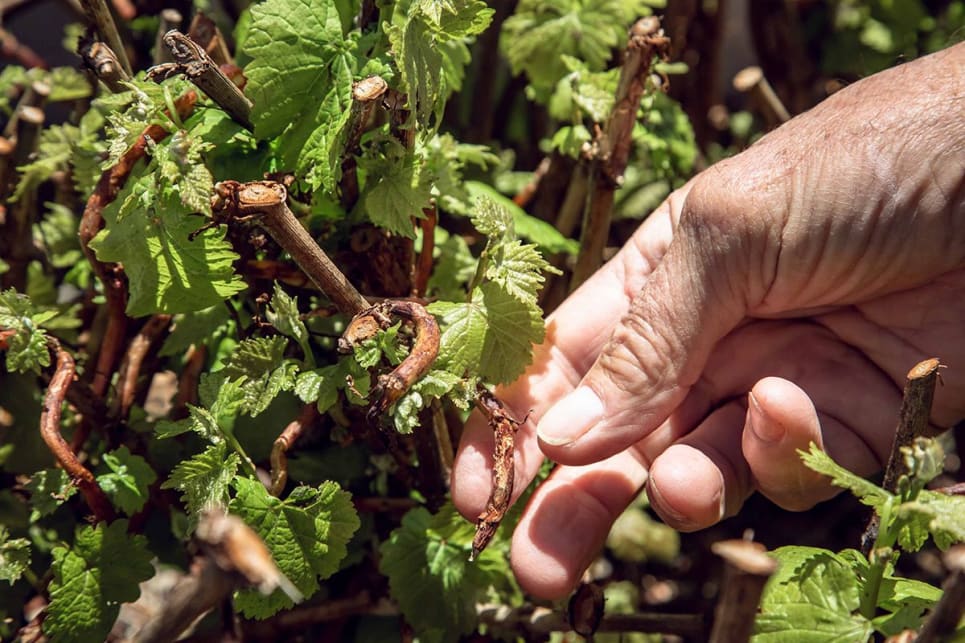
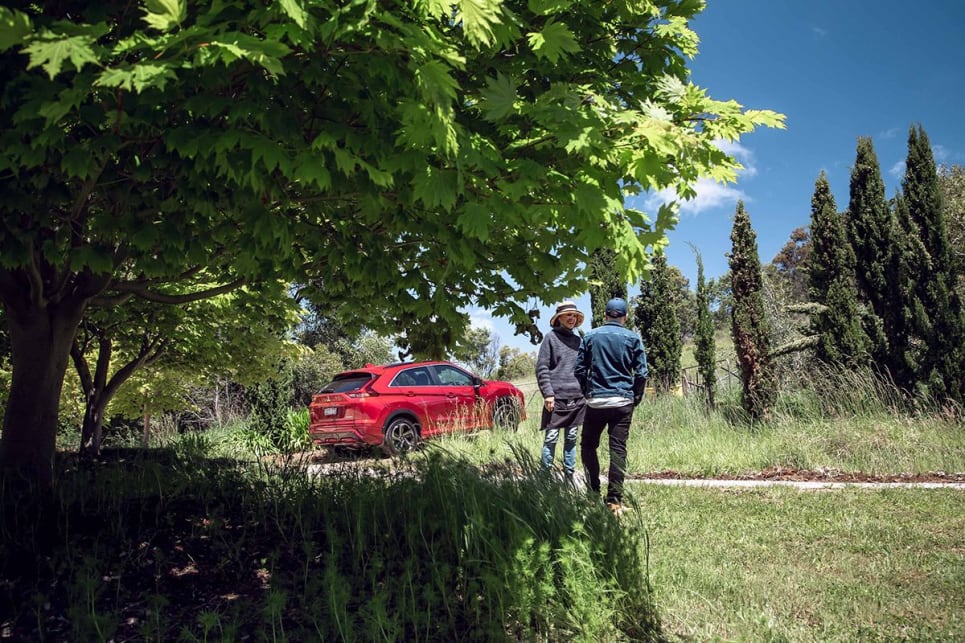
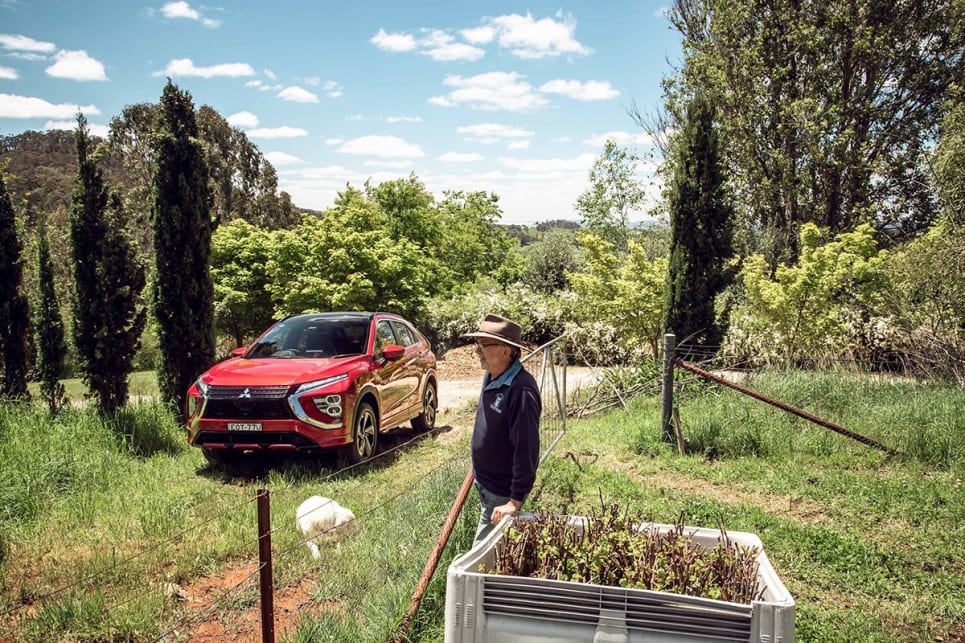
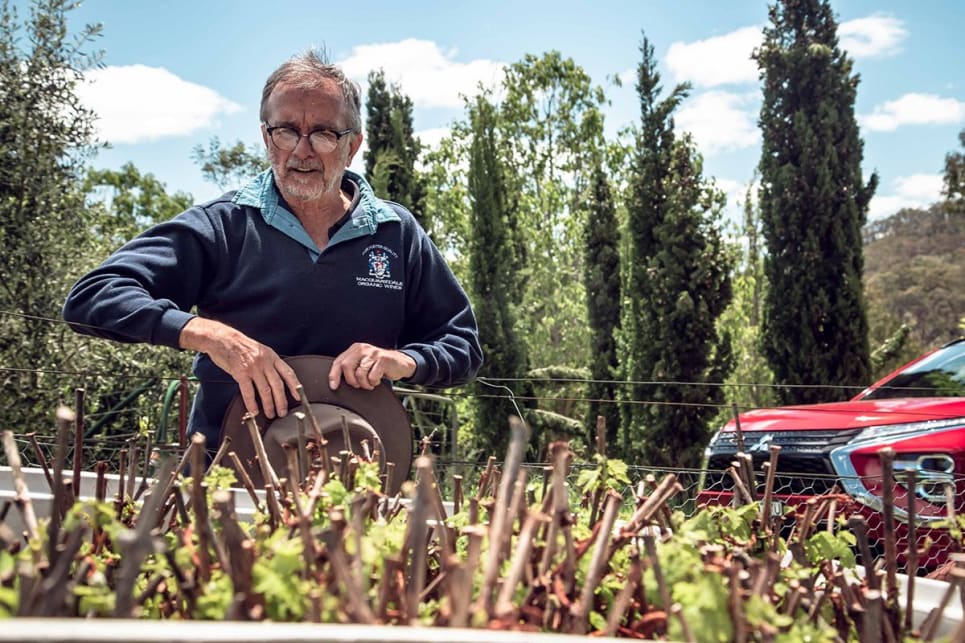
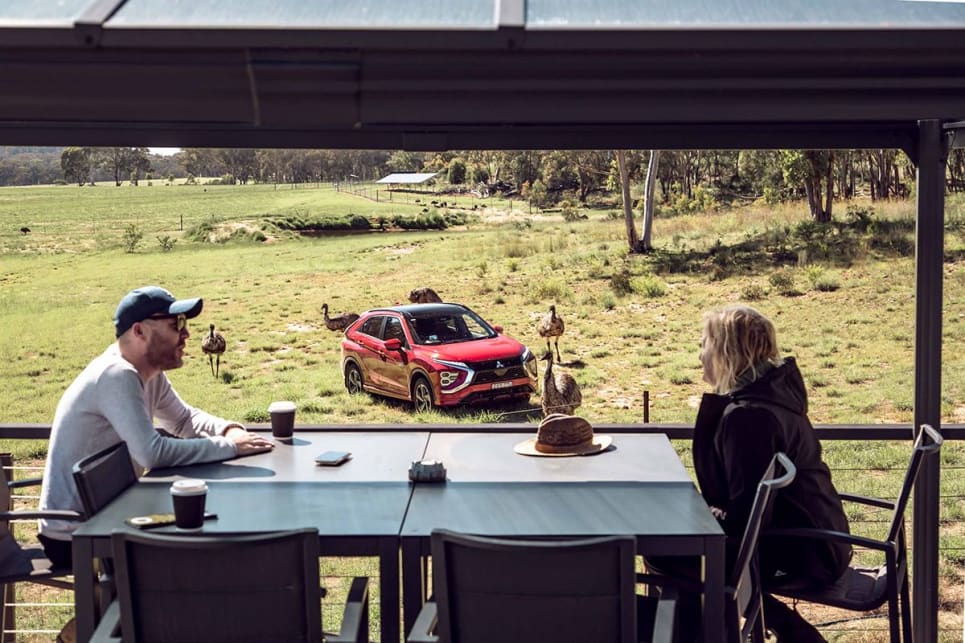
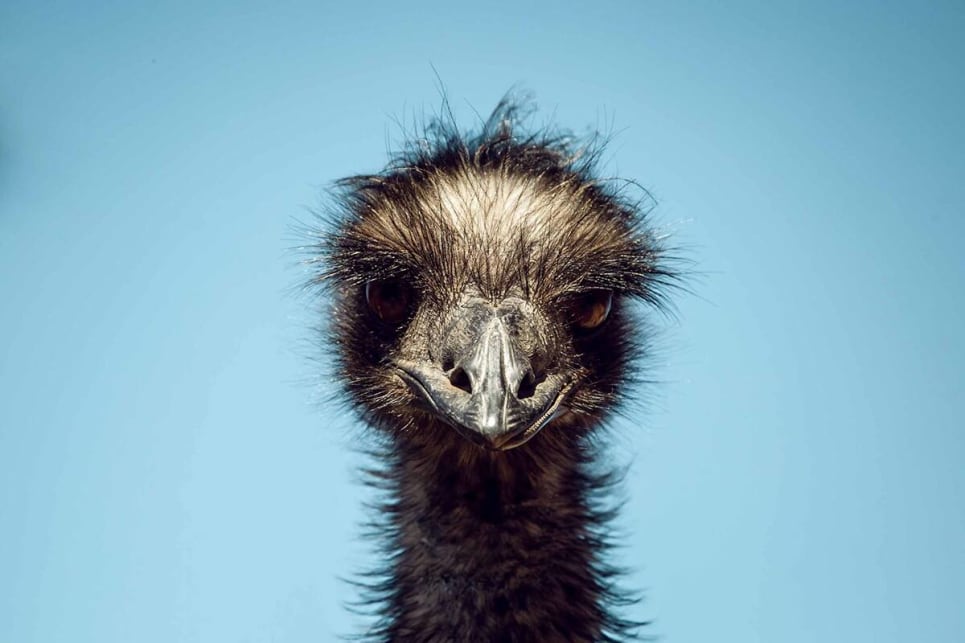
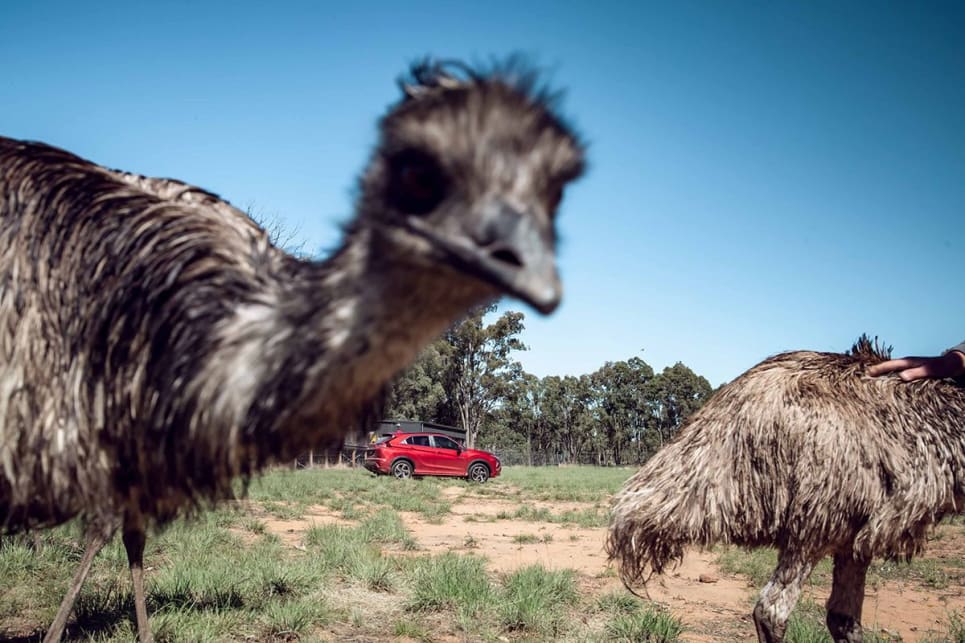
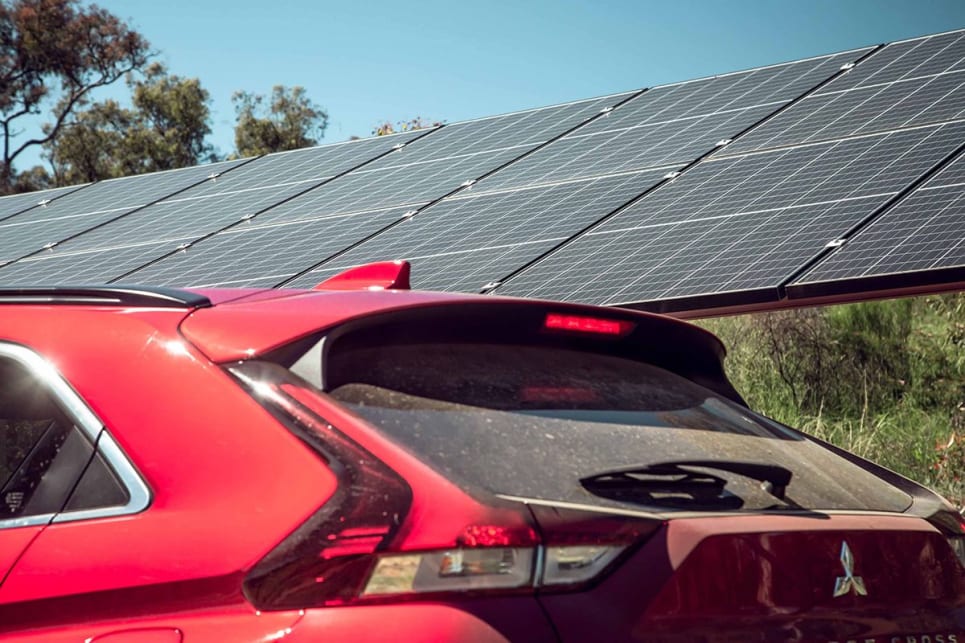
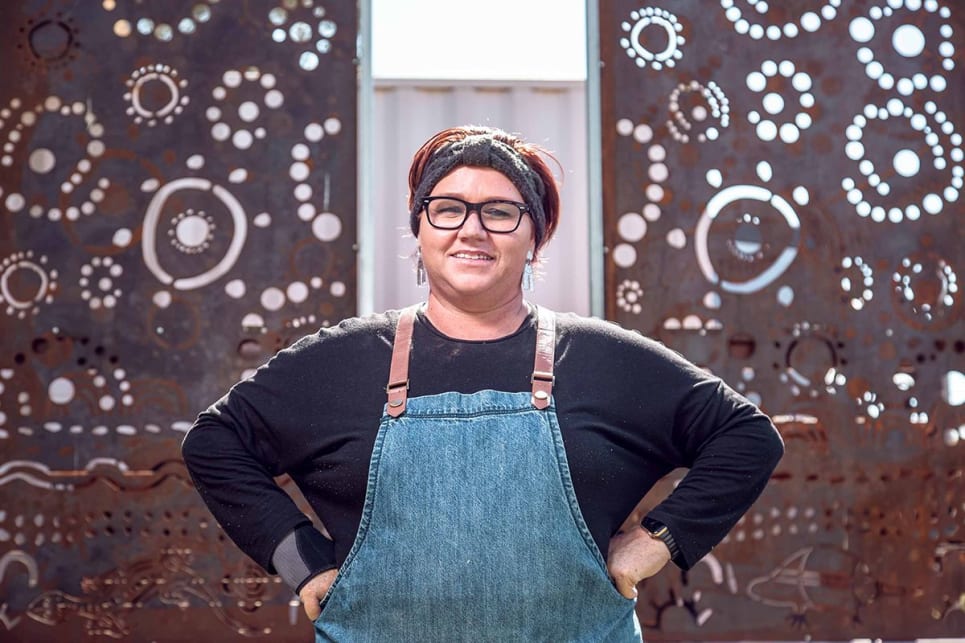
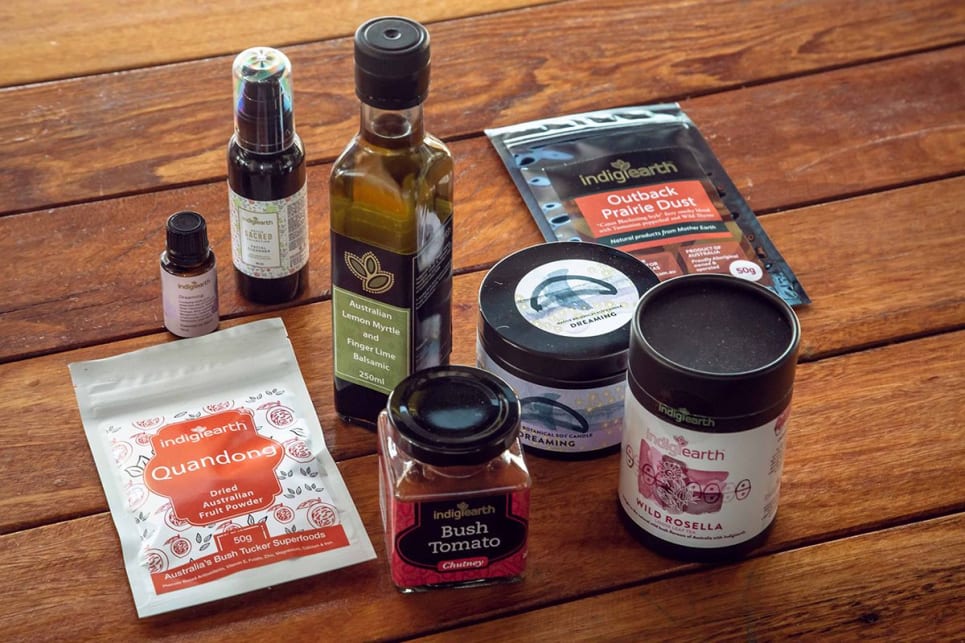
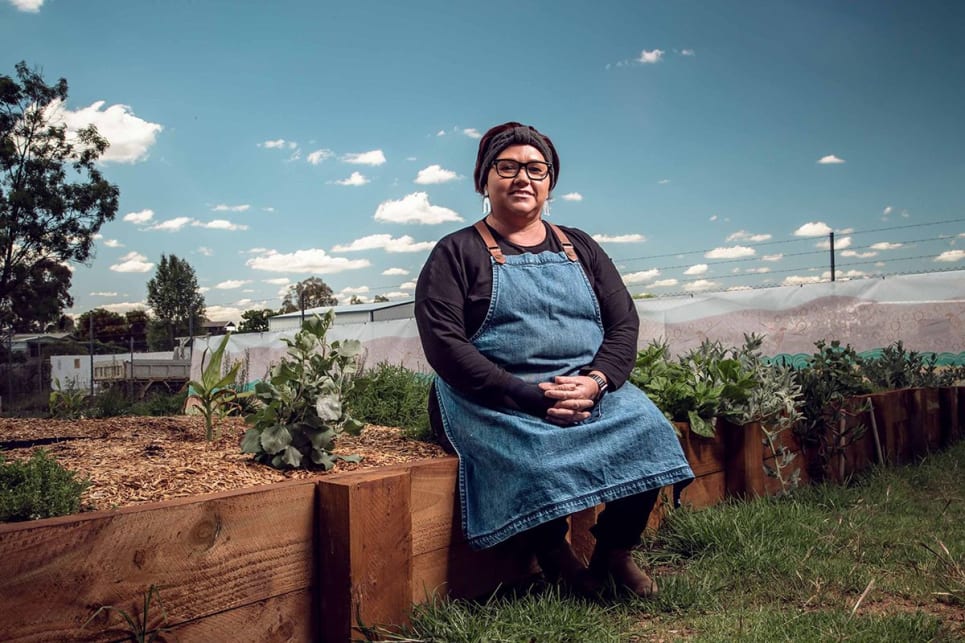
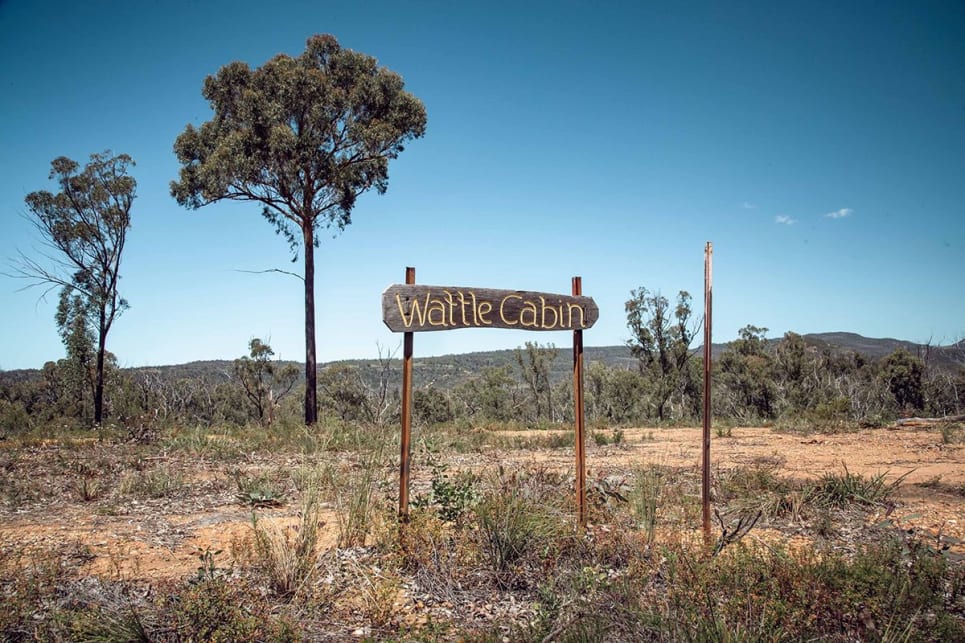
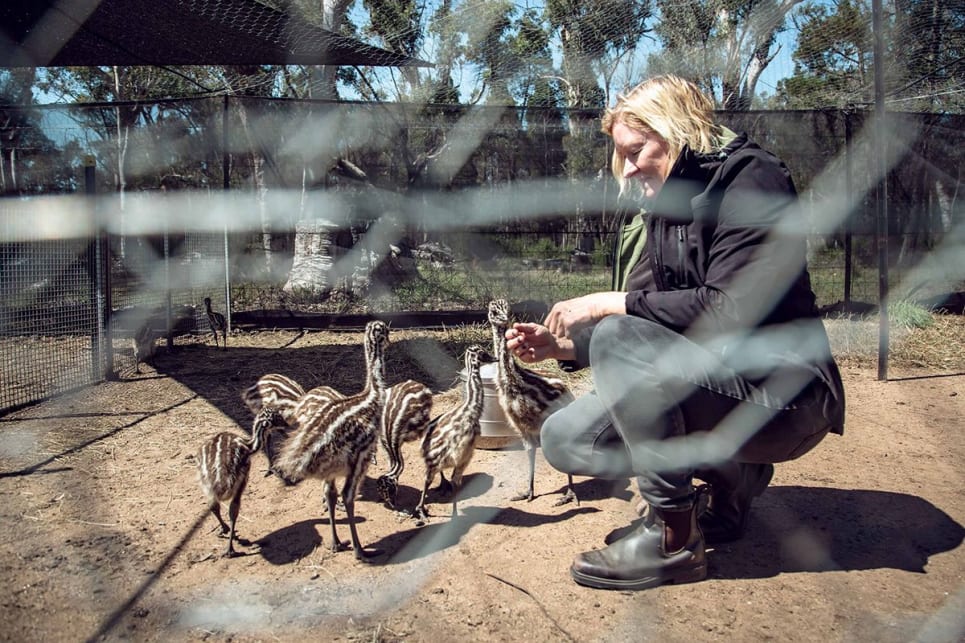
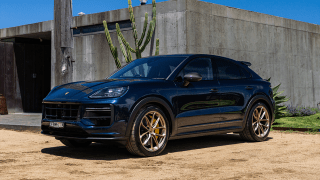
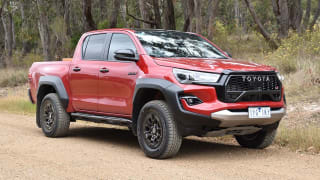
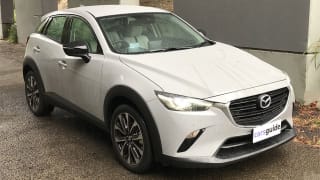
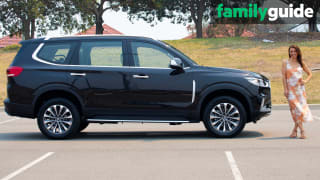
Comments